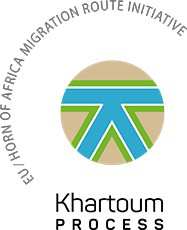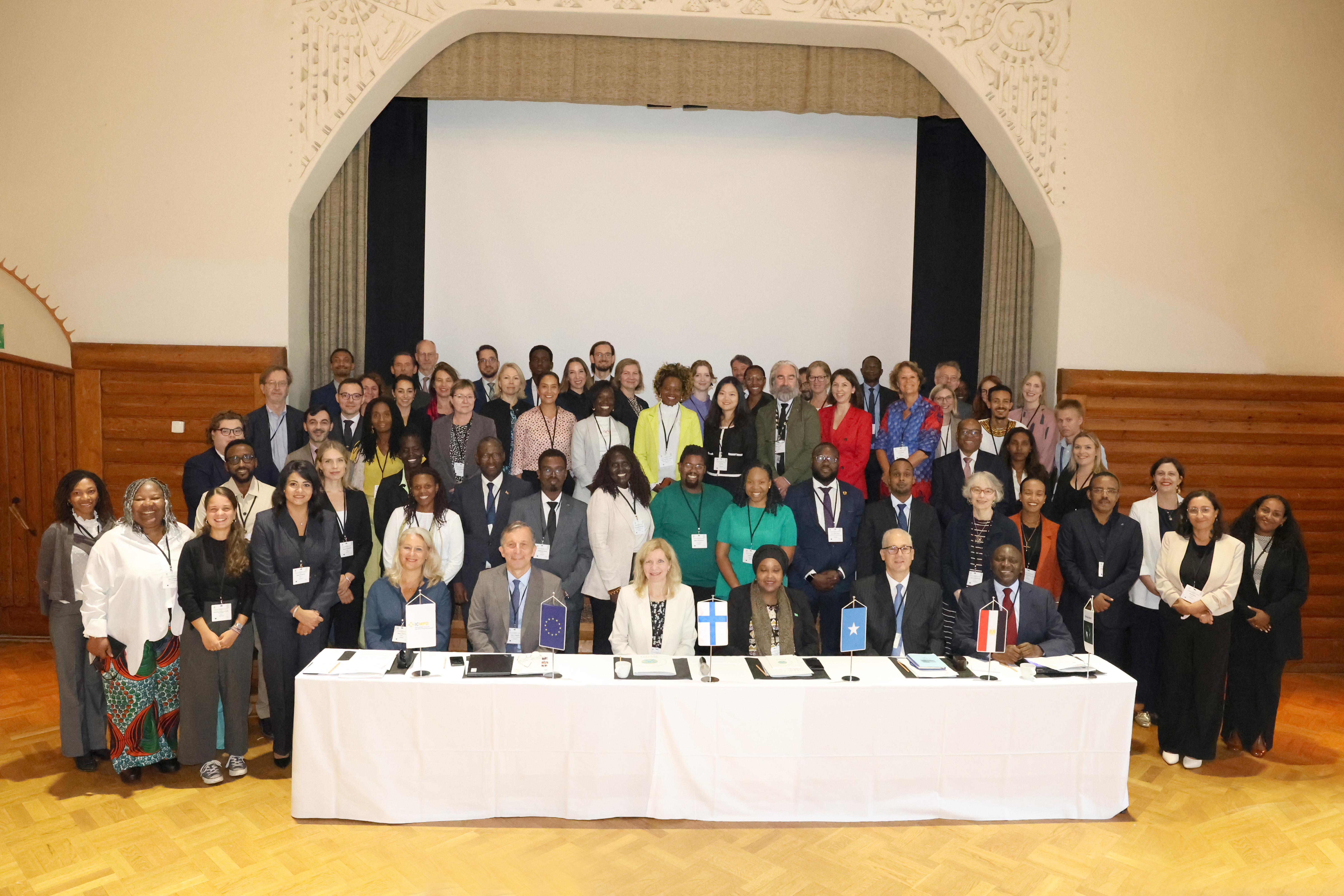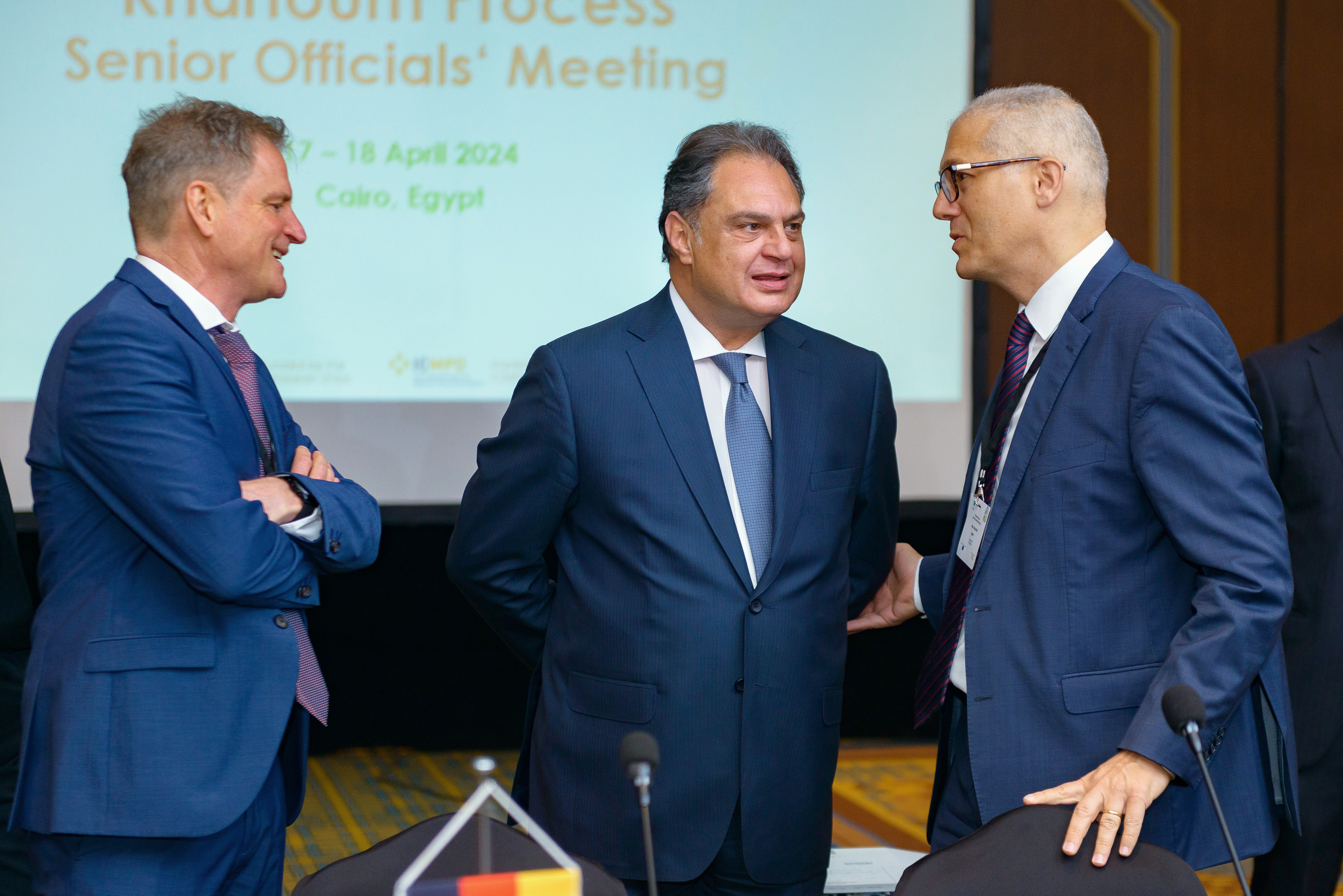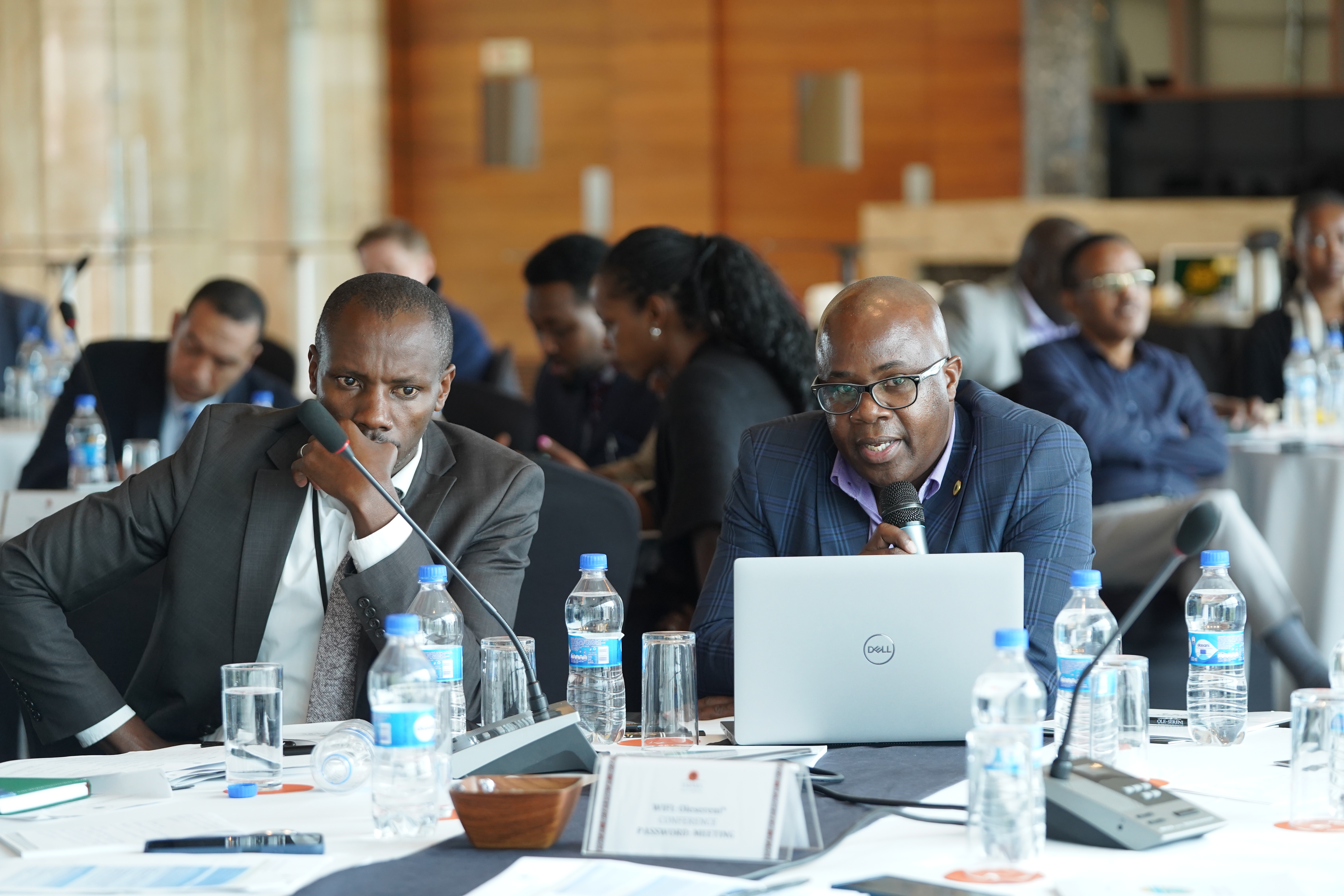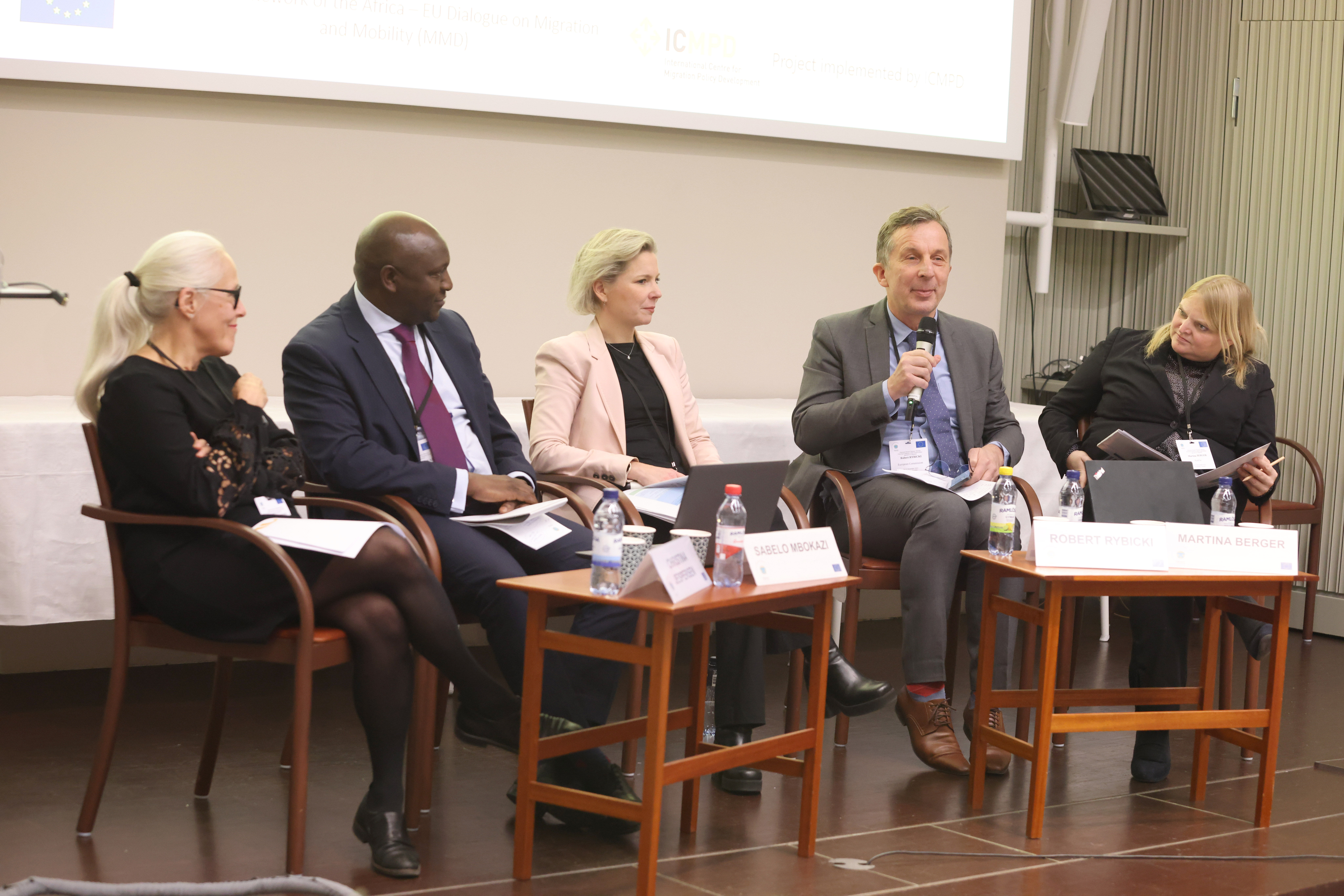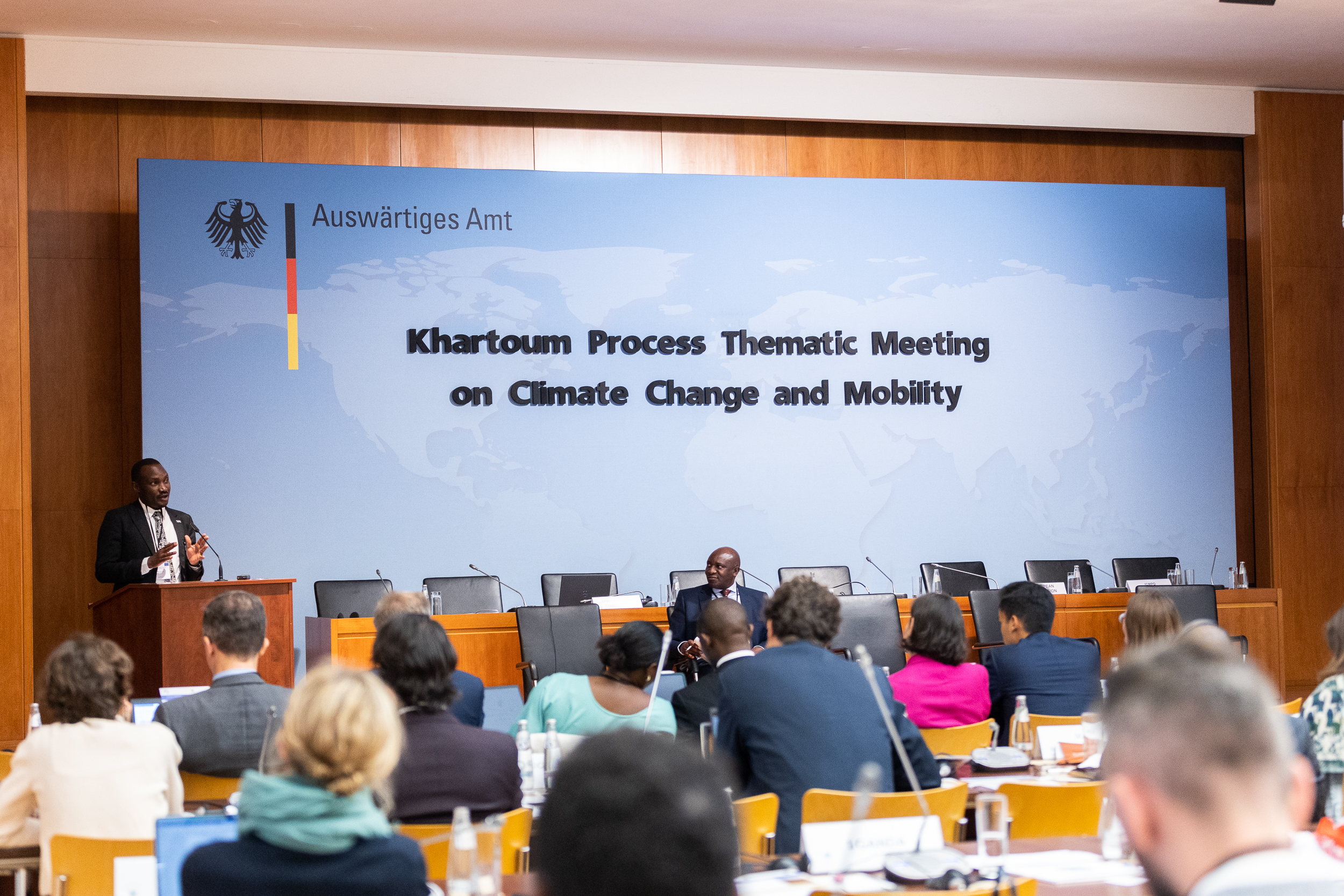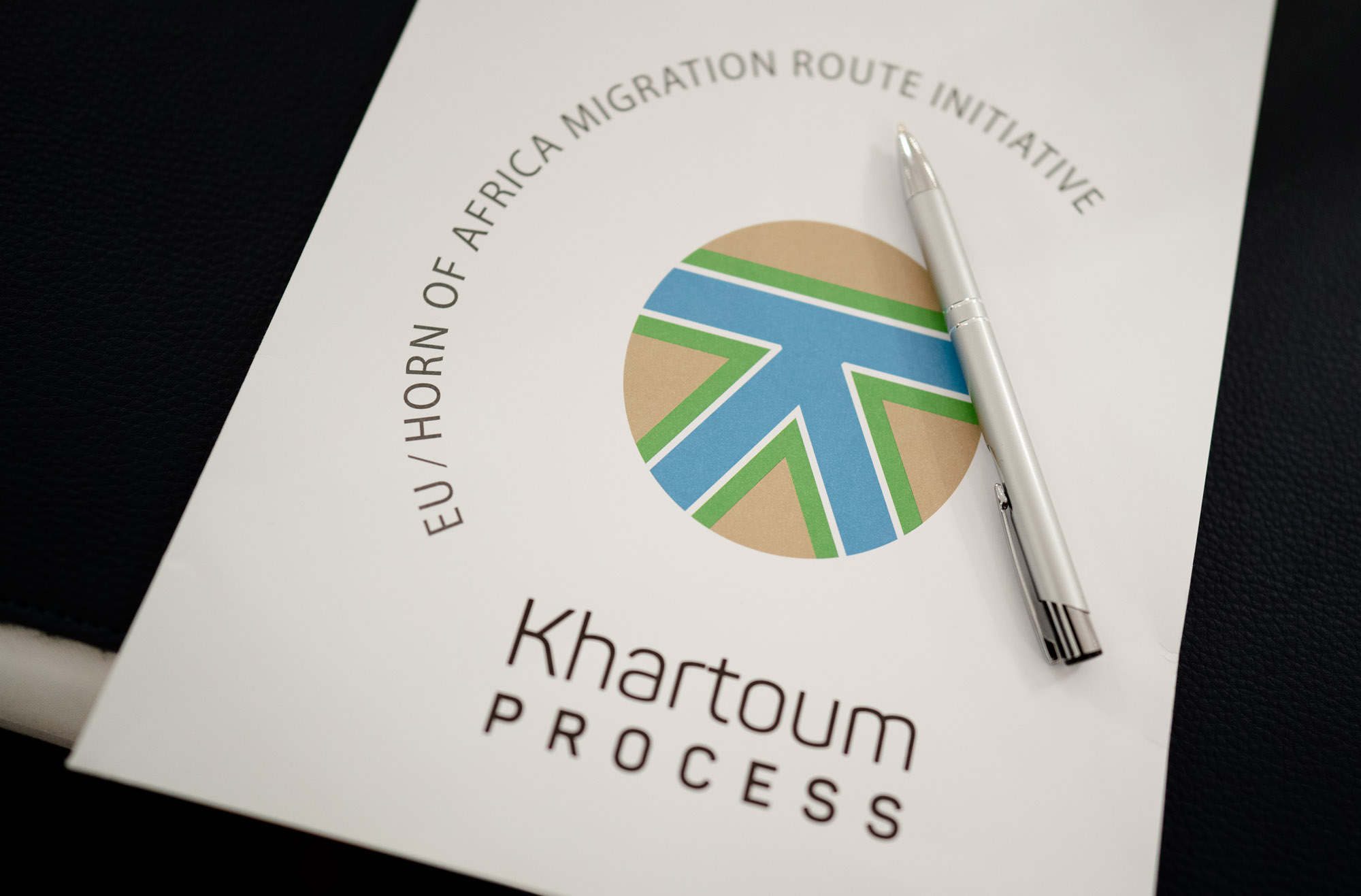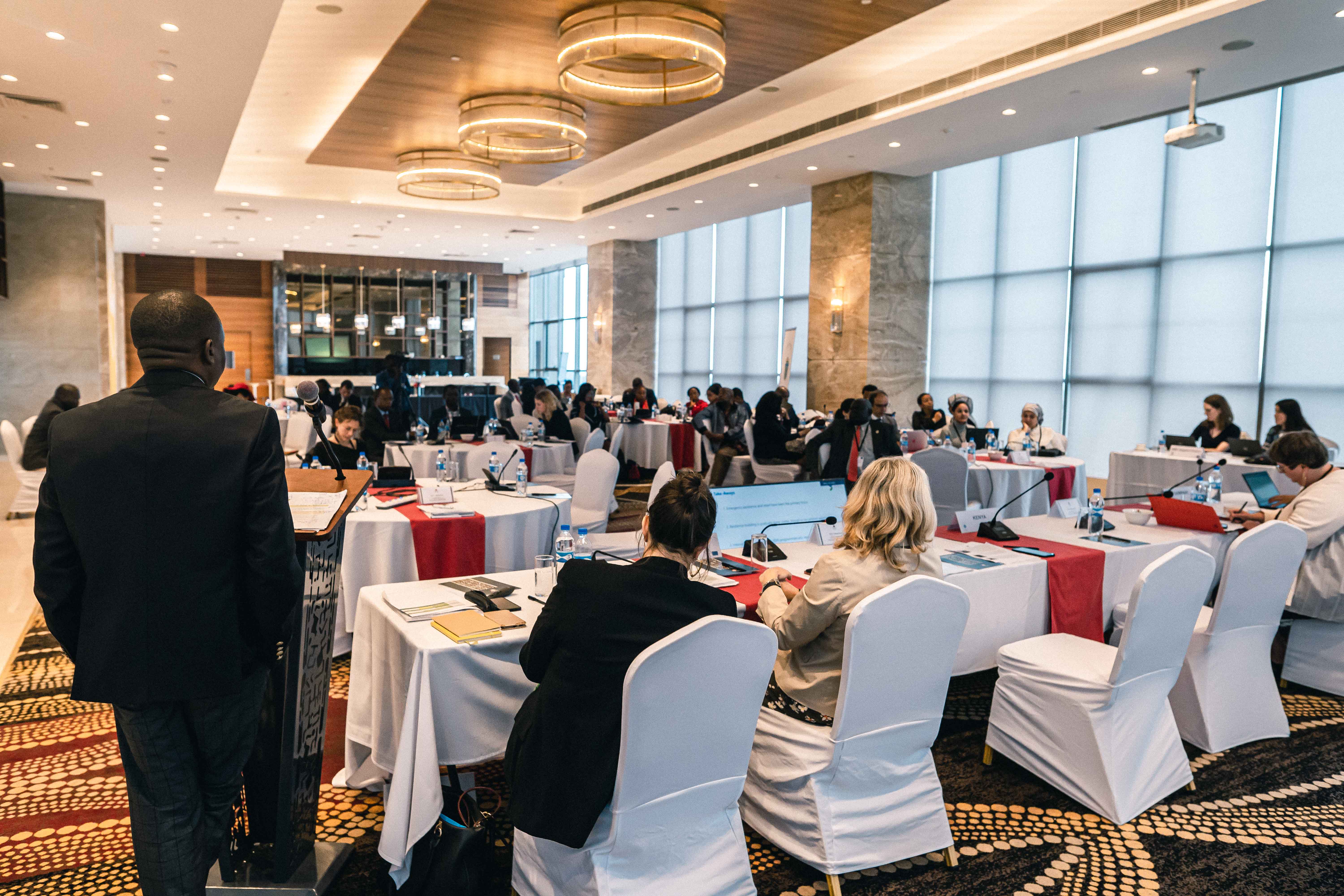Joint High-Level Meeting on Innovative Pathways for Skills Mobility
- Date:
- Location: Lisbon, Portugal
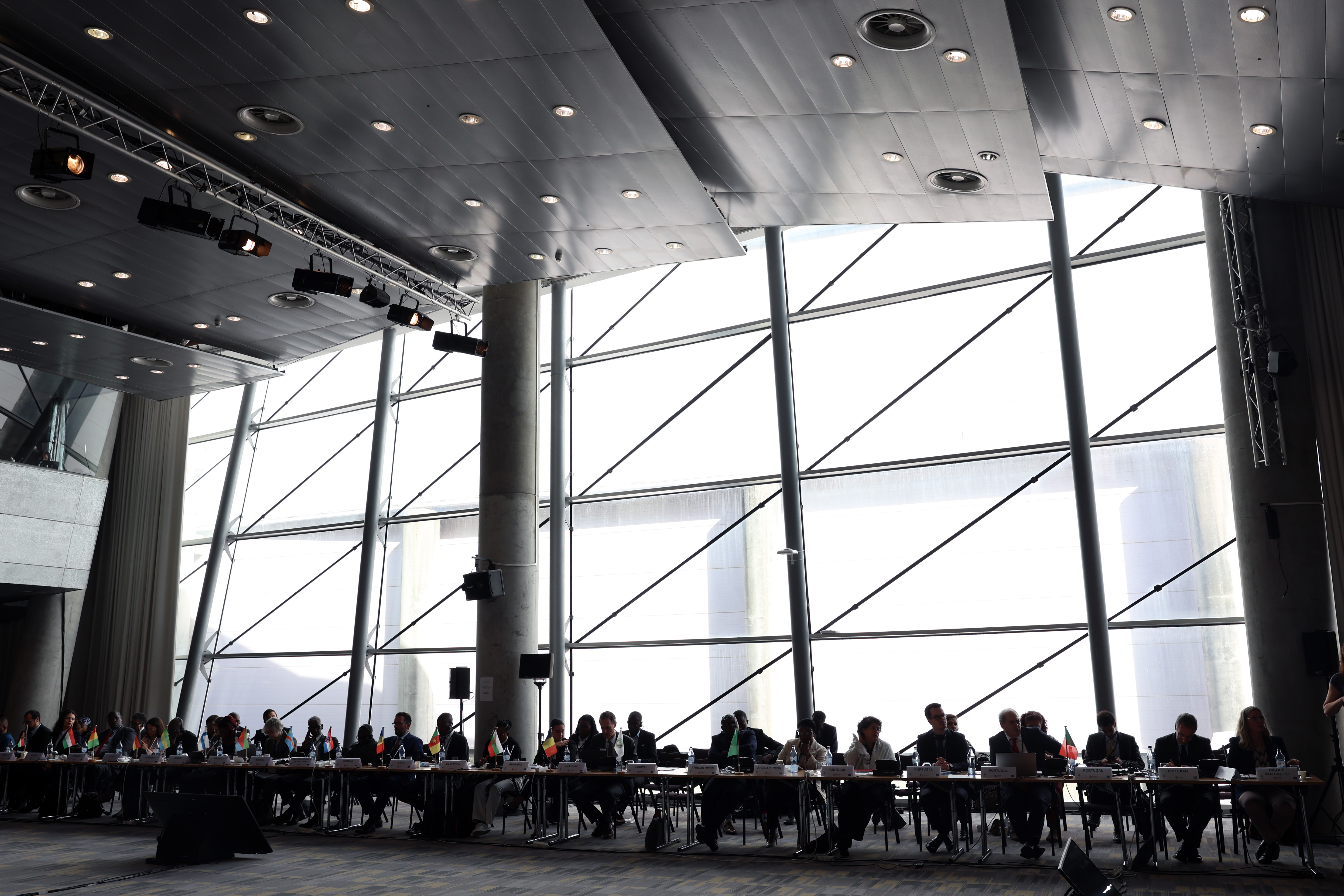
On the 16 and 17 of October 2024, a Joint High-Level Meeting of the Khartoum Process and the Rabat Process was hosted in Lisbon, Portugal, under the Egyptian chairmanship of the Khartoum Process and the Portuguese chairmanship of the Rabat Process. The event gathered 156 participants, including 109 participants from 53 partner countries of both Dialogues, as well as international experts and representatives from international organisations. During this 2-day event, they shared lessons learned, best practices and key recommendations to strengthen bilateral and multilateral cooperation across Europe and Africa to foster skills mobility and talent attraction.
